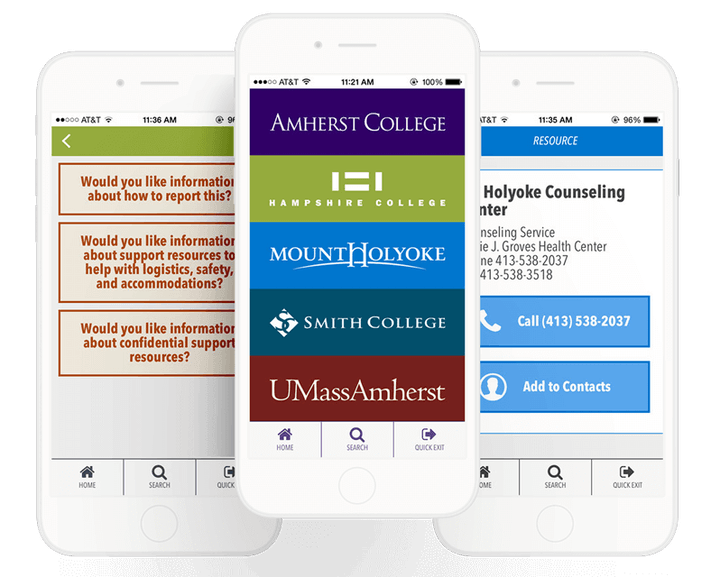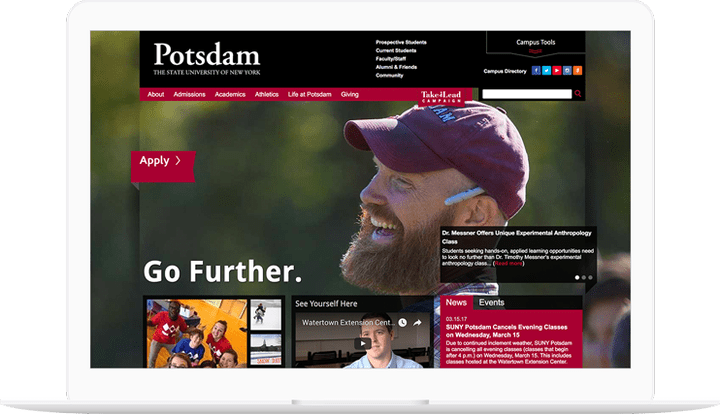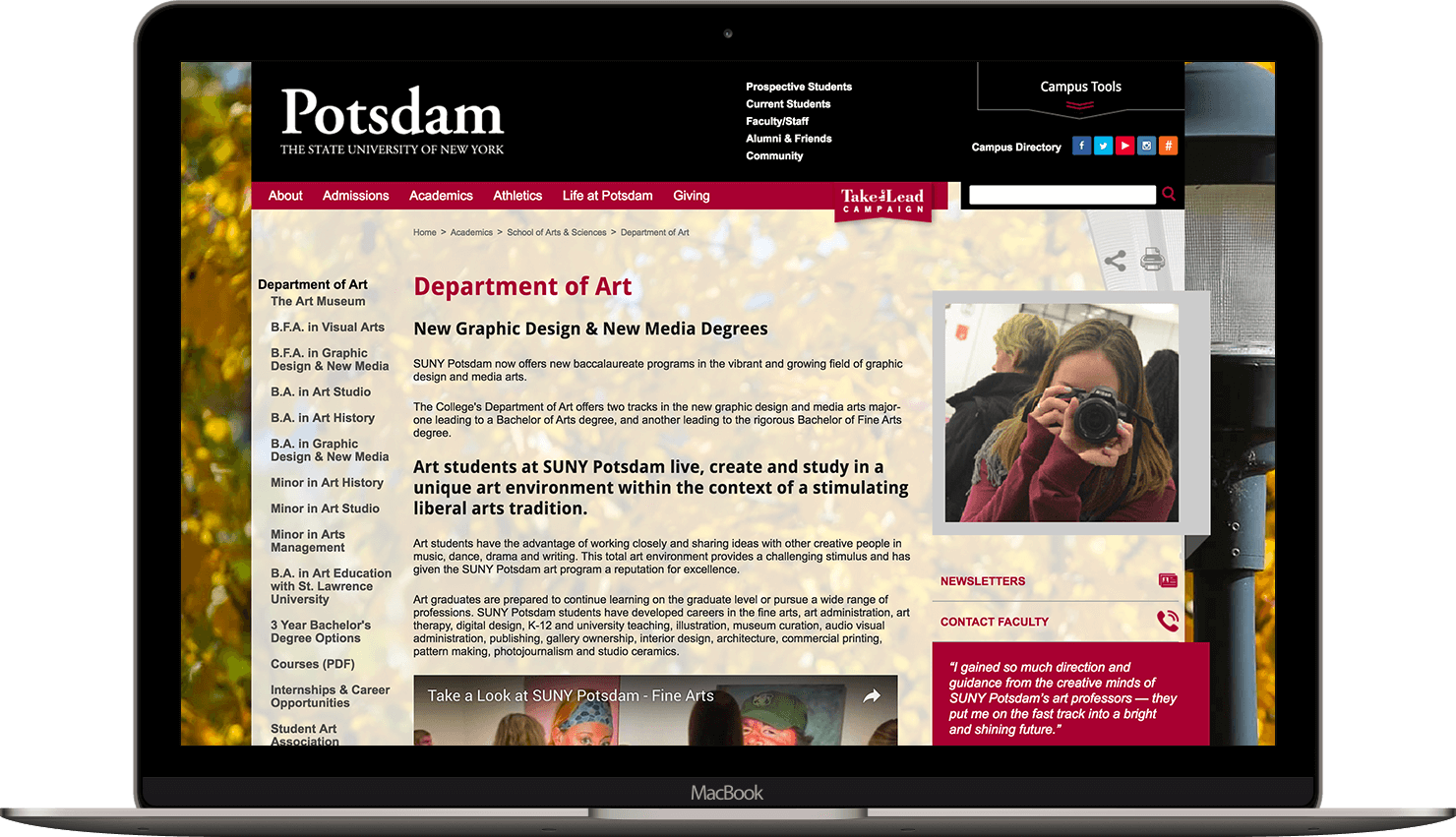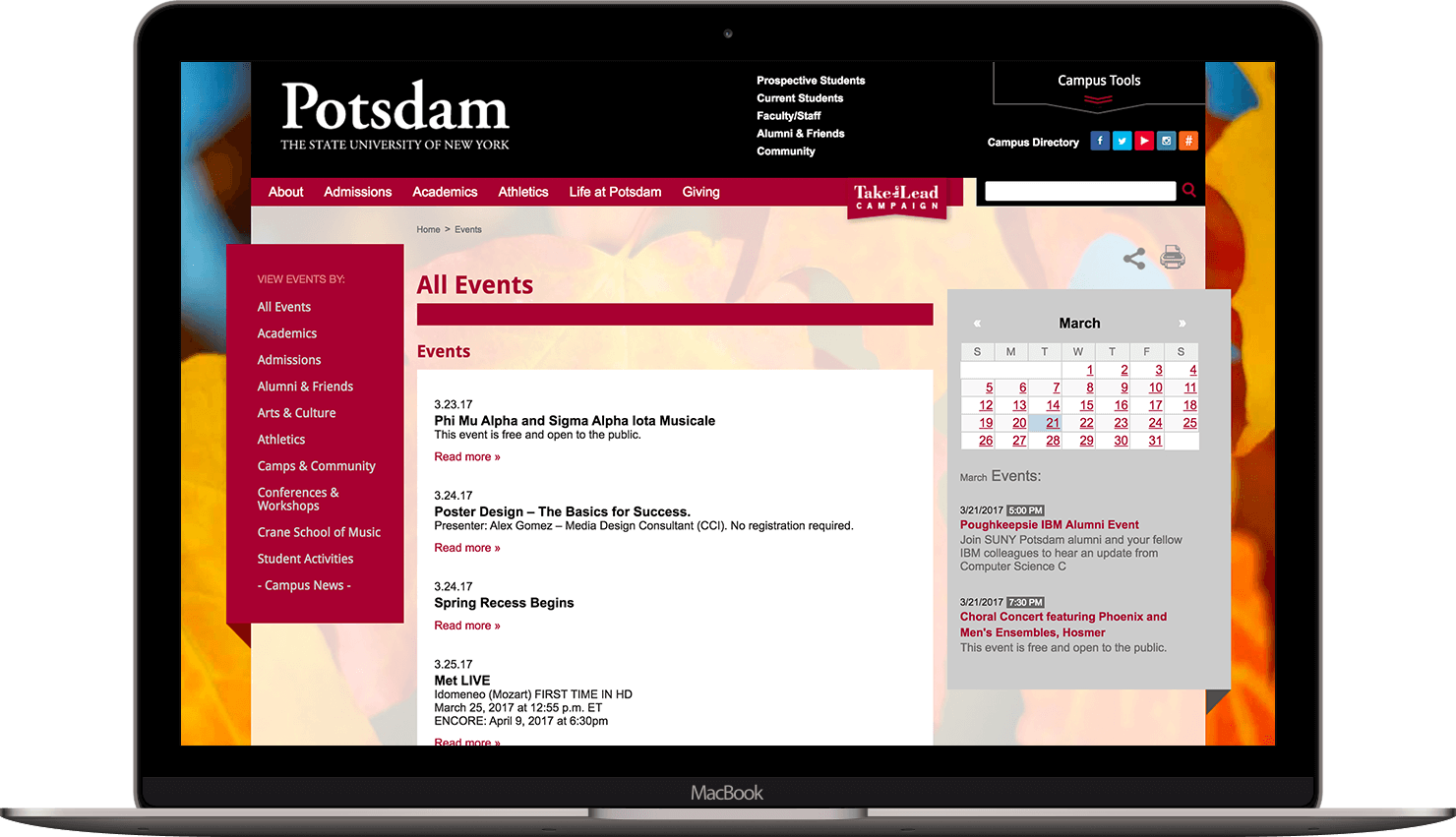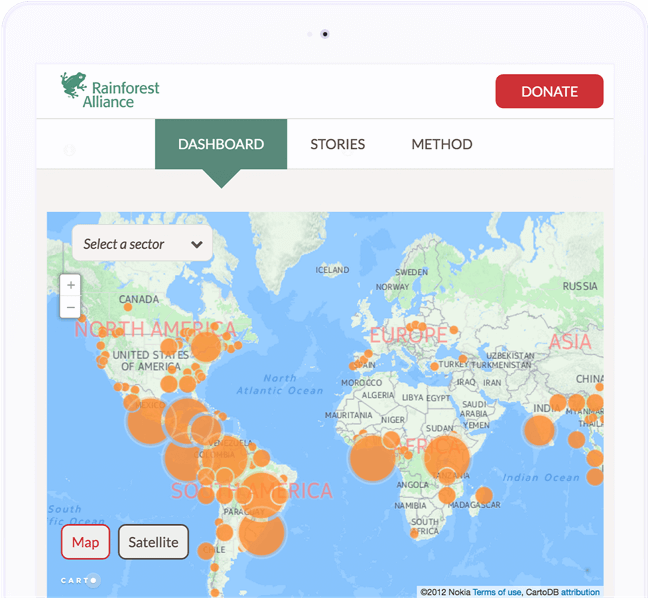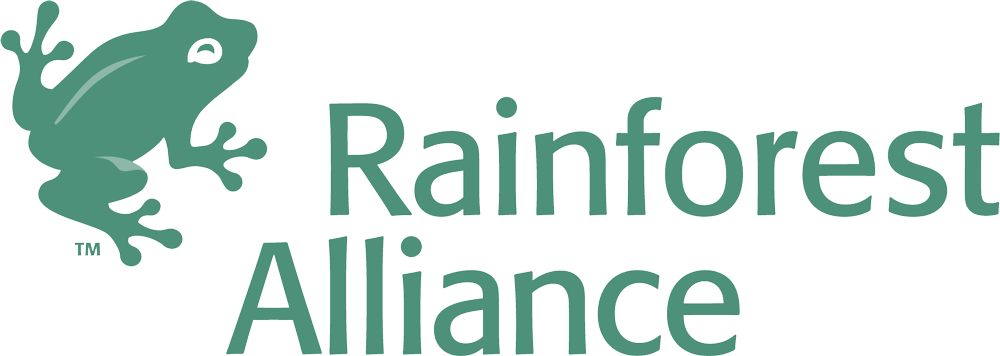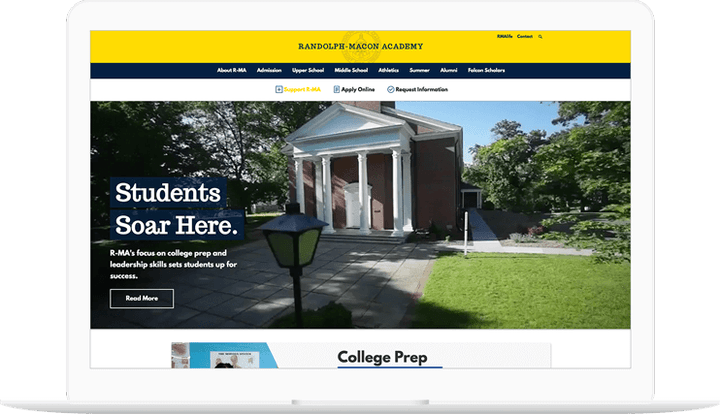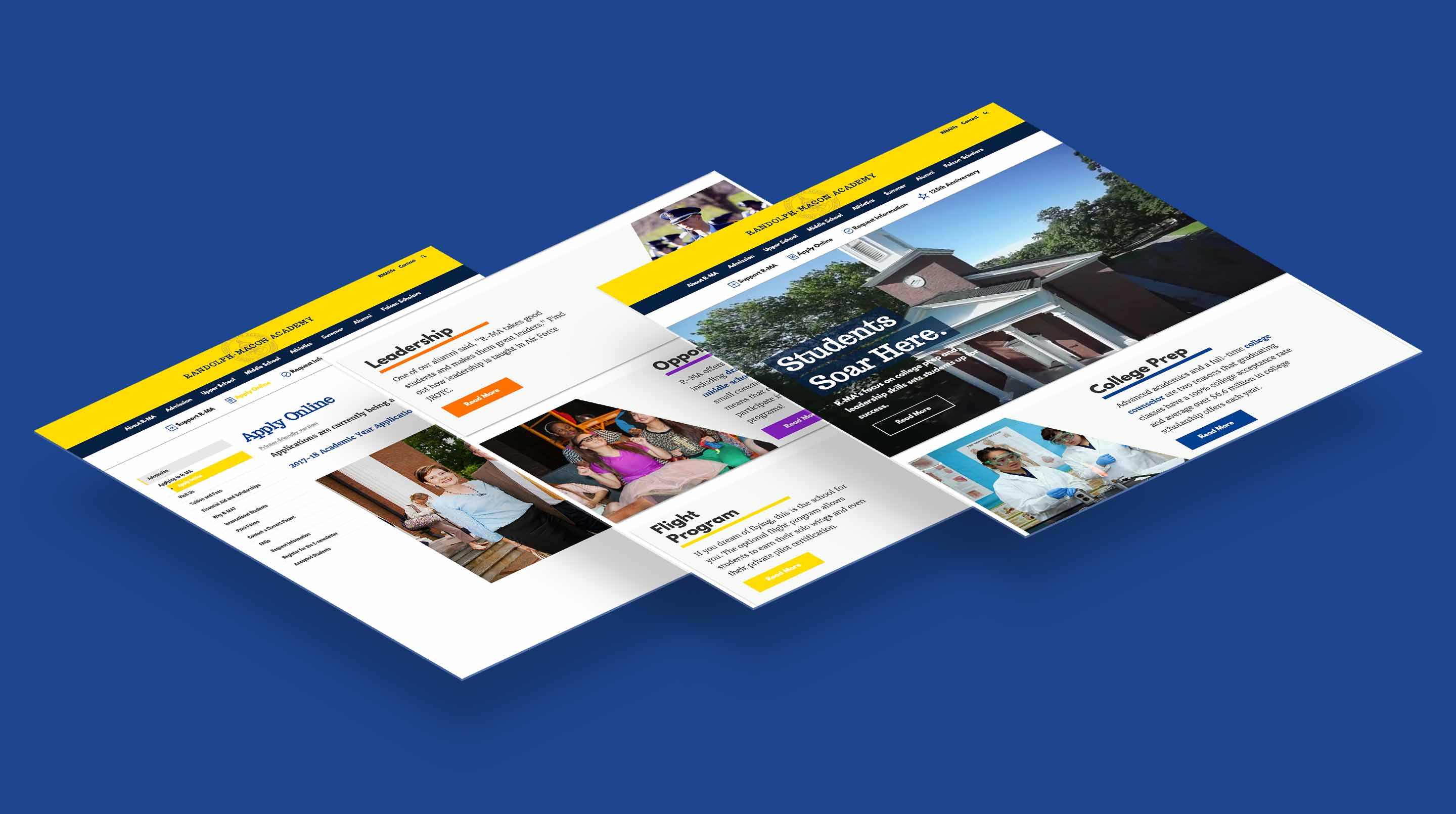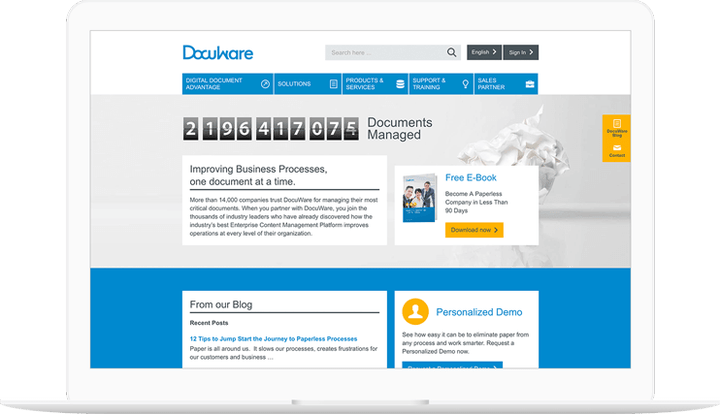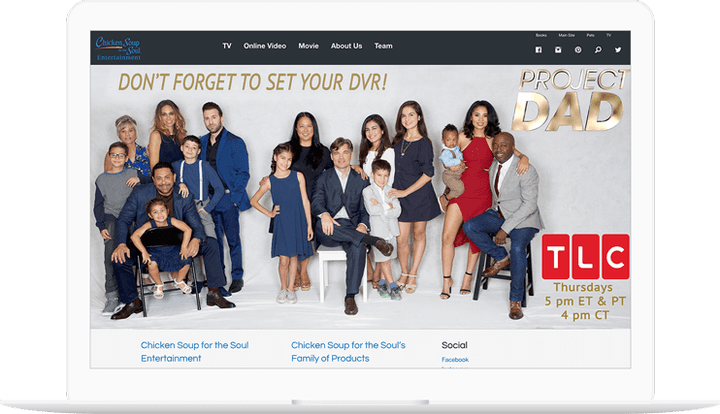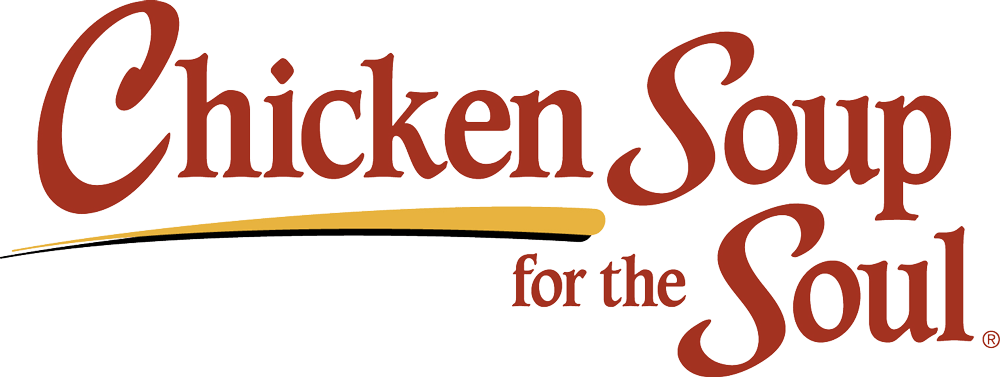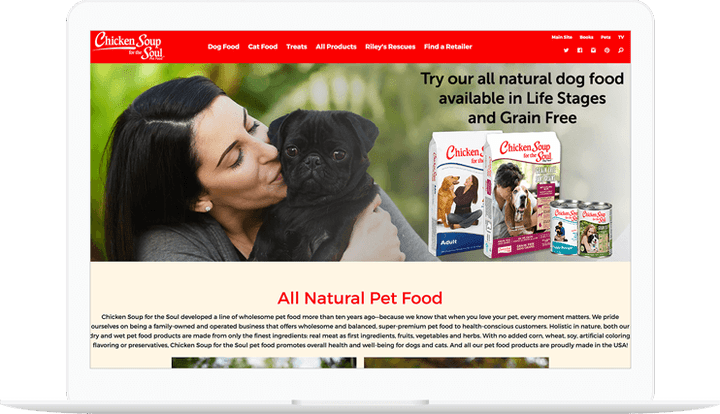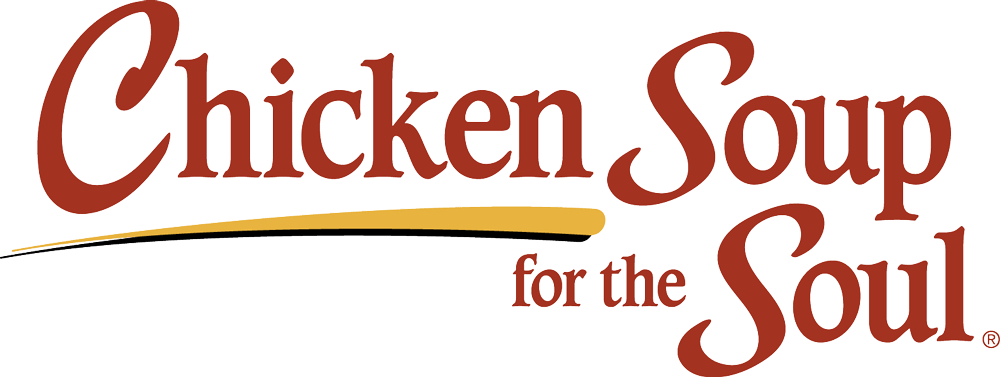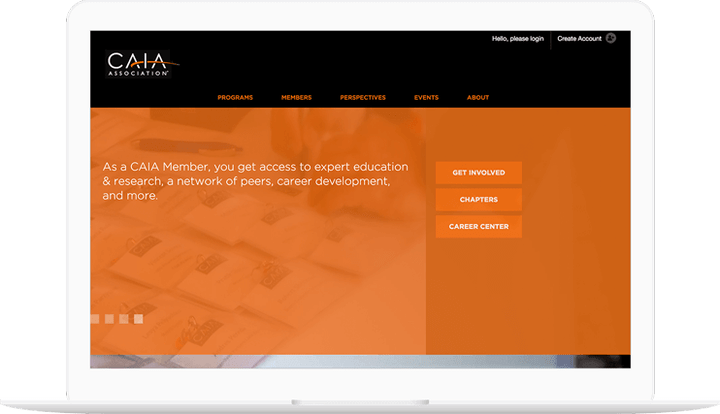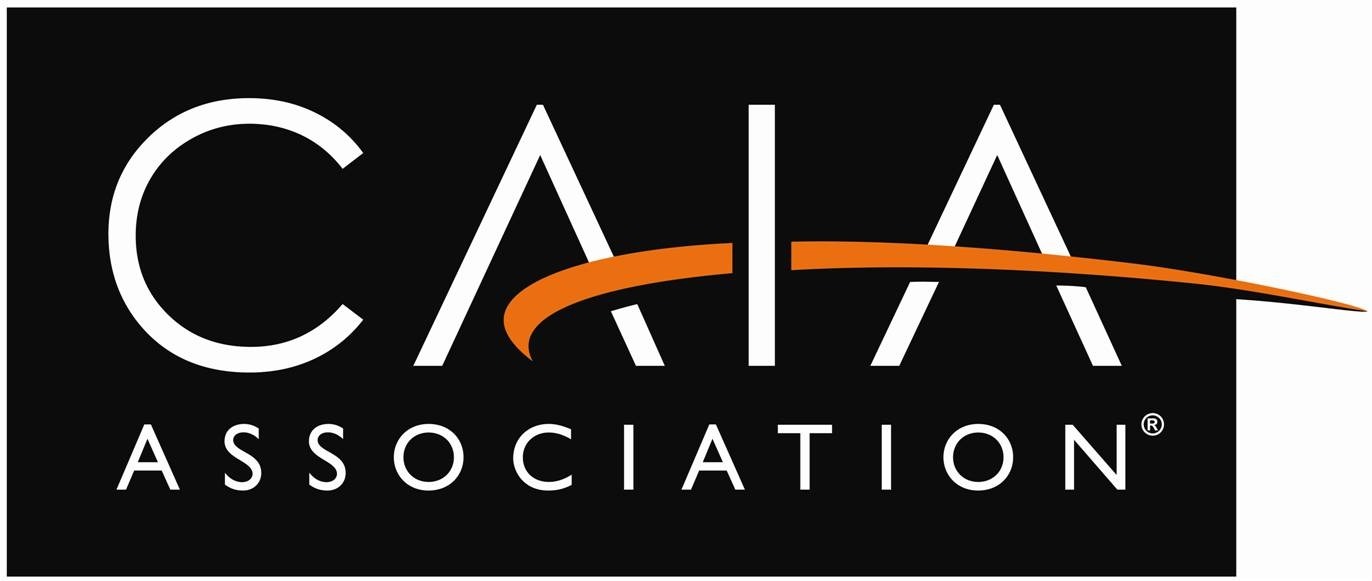Purchasing workflow and subscription management.

- Agile/Scrum
-
Senior DevelopmentTom Fleming
Success meant they needed new automation for their process.
Unable to keep up with manually processing a high volume of new and existing B2B customer requests, DEEP Information Sciences (DeepIS) asked Last Call Media to build an online self-service subscription management service on top of their Drupal 7 site.
The service needed to enable customers to create an account, provide necessary marketing metadata for DeepIS’ marketing team, and guide customers through the sales process from subscription estimation to subscription purchase, renewal, and upgrade. Customers also needed to access content related to their service, DeepSQL, online in real time.
How we did it
Leveraging AngularJS, LCM built a seamless custom subscription purchasing workflow app to guide the user through the dynamic purchasing workflow by feeding and pulling data as necessary to and from HubSpot, their marketing automation tool; SalesForce, their CRM; and Zuora, their subscription management service.
The custom subscription calculator in the AngularJS app pulled in data in real time from Zuora, using Zuora’s APIs, so users were presented with the most up-to-date pricing. Once the purchasing workflow was complete, the user’s card was charged and they received an email with their receipt and license key moments later, all without needing to speak to a DeepIS representative.
This implementation solved the problem where a prospective customer had to email or call DeepIS to purchase a subscription and manage their account. The new online workflow slashed the conversion time by eliminating the need to call DeepIS to purchase a subscription, increased customer satisfaction, and significantly increased revenue for DeepIS. With the biggest barrier to conversion eliminated, users were now clicks away from purchasing a subscription.
Further, with event-triggered email campaigns using HubSpot, DeepIS was able to strategically nurture customers on the trial or free plan to upgrade to a paid plan. Data from SalesForce, Drupal, and Zuora was fed to HubSpot email campaigns, increasing the likelihood of a user purchasing a paid subscription. The emails had a unique URL generated by SalesForce, and the user could provide their credit card information and upgrade their subscription with a few clicks.
